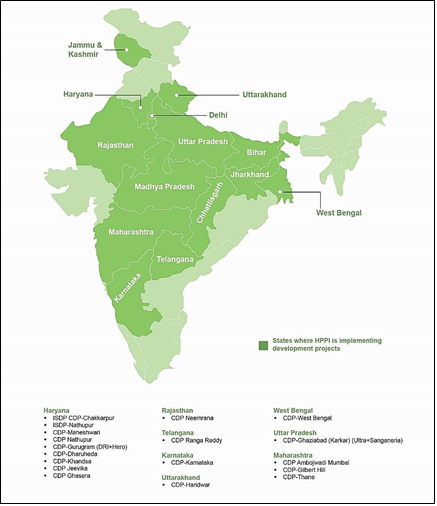The United Nations has defined the term community development as ‘a process by which the efforts of the people themselves are united with those of the governmental authorities to improve the economic, social and cultural conditions of communities, to integrate these communities into the life of the nation and to enable them to contribute fully to national progress’. India is one of the most populous countries in the world; the population is over 1.2 billion, spread over a vast landscape. However, while India has a huge number of people, there is no doubt the country is lacking when it comes to true community development. As a result, a high proportion of Indian citizens live beneath the poverty line, which means they are surviving on less than $2 per day. Healthcare provisions can be difficult to access in both rural and urban communities due to different reasons, such as lack of services in the area or financial constraints. Furthermore, a huge population in need of basic necessities for survival creates a burden on natural resources as well.
To address the social, economic and environmental issues in both rural and urban communities, HPPI has, since its inception, implemented Community Development projects aiming at creating holistic development together with the people. The projects under the program will work in coordination with the community members and local leaders to find sustainable solutions to the economic, social and environmental problems.

The program is implemented in 8 states, namely, Haryana, Uttar Pradesh, Karnataka, Maharashtra, West Bengal, Rajasthan, Telangana and Uttarakhand. 2,051 women will be organized in groups wherein they will attain skill trainings, basic and financial literacy and health awareness. 31,000 people, including men, women and youth, will be facilitated to become self-reliant through skill trainings and thereafter, out of these, 3,175 people are expected to engage in income generating activities through new employment or expanding/improving their existing business. Furthermore, 1,660 people will be assisted to be linked with government schemes and services. To ensure the health of the community, quarterly and monthly health camps will be organized, wherein 18,000 people are expected to access free of cost medical services. The projects will also organize various activities, such as tree plantation, establishing kitchen garden and health awareness sessions to ensure environment conservation and health of the community.


